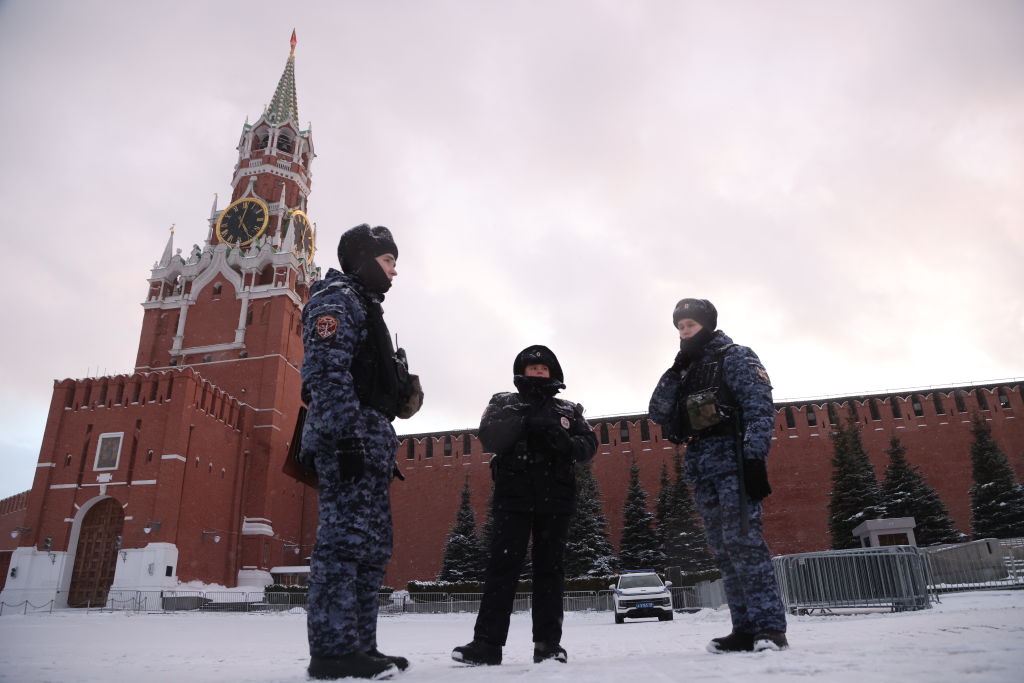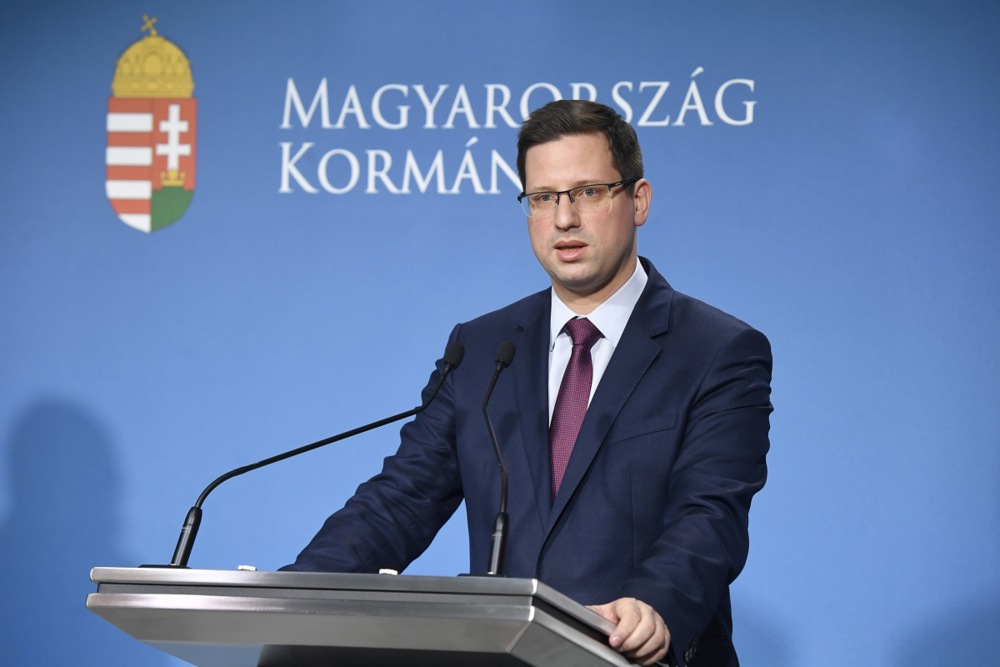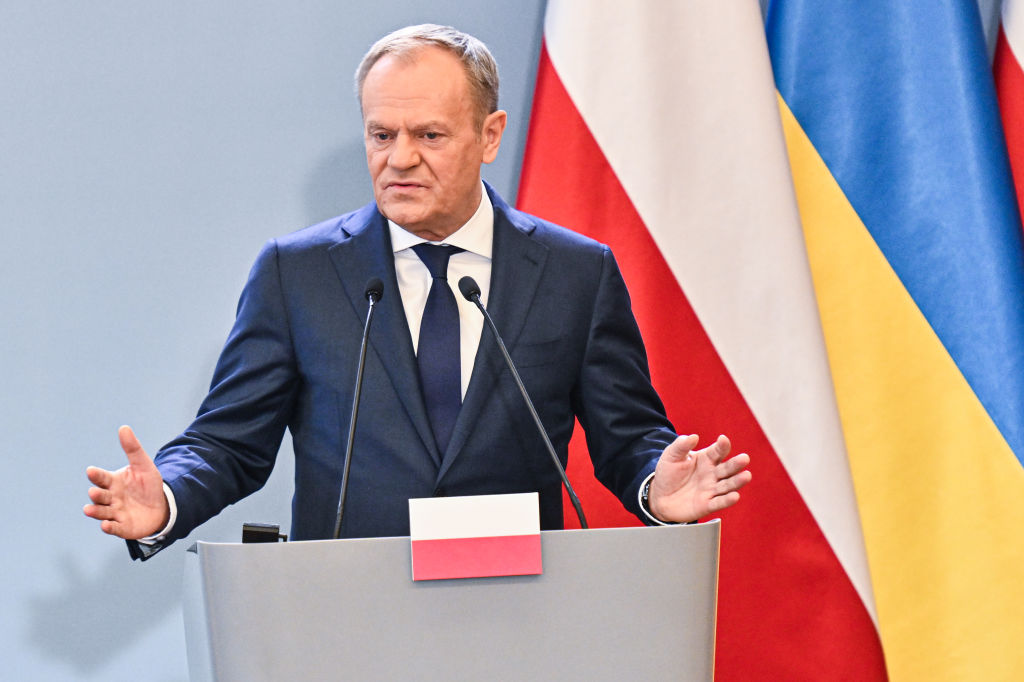The European Parliament is unjustifiably fuelling “political hysteria” against Hungary over an ongoing row about work visas, the country’s European Union affairs minister has claimed.
Speaking at a press conference on September 4, Fidesz parliamentarian János Bóka rebuffed claims that Budapest’s decision to extend Hungary’s national work-card scheme to Russian and Belarusian citizens could in any way endanger EU security. Instead he insisted that all foreign individuals utilising the scheme would have to pass the same security checks as before the extension.
He proceeded to criticise the European Commission and EP, accusing Eurocrats of communicating about the issue through social media rather than private channels for political gain.
Today I had a press conference in Brussels in the @Europarl_EN on the National Card. LIBE Committee holds a debate w/ @YlvaJohansson without having invited a representative of the Hungarian Government. No interest for real dialogue in the @Europarl_EN. pic.twitter.com/xzGZQ1JIXu
— Bóka János (@JanosBoka_HU) September 4, 2024
“The Commission decided from the very beginning to communicate about an issue of public and national security through social and public media,” he said, citing a letter penned by Home Affairs Commissioner Ylva Johannson to the Hungarian Government that was circulated on social media in August.
He added that the European Parliament had refused him the chance to explain the situation at a hearing of the European Parliament Committee on Civil Liberties, Justice and Home Affairs (LIBE) despite the body putting the topic of the work scheme on its agenda.
“There is, in my evaluation, a clear political hysteria which is created by the majority of the European Parliament and certain member states,” he added, before claiming there was “no real interest in an actual dialogue”.
Bóka also pointed to what he said was evidence that other EU Member States were handing out more permits similar to the Hungarian national card to Russian and Belarusian citizens. He added that Budapest had distributed fewer than 20 cards to such citizens since the government broadened the scheme in July over an increased demand for workers.
“There are at least seven Member States who issued more residence permits for working reasons to Russian and Belarusian citizens than Hungary did in 2023,” he said.
When pressured to name which States gave the most visas, Bóka claimed that Germany “by far” handed out the highest number of work permits to Russians.
Bóka added that Germany was also the Member State that provided the highest number of work permits to Belarusian citizens, although he said they were closely followed by Latvians.
“What I … see is a clear double standard,” he said.
“If you believe that the presence and the involvement of Russian and the Russian citizens in Europe is a national security issue, which is, of course, open for discussion … the discussion should not be about Hungary, but about other Member States in the European Union.
“This discussion we don’t have,” he said.
The minister’s statements came amid growing hostility between Brussels and Budapest, with the former attacking the latter over its handling of both legal and illegal migration. Hungary has also been ordered to pay fines for perceived breaches of EU regulations.
The Hungarian Government has responded by threatening to send illegal migrants to Brussels, arguing that if Brussels wanted to prevent the country from securing its borders, the city should be willing to handle the illegal arrivals itself.
The Hungarian Government is planning to give free one-way tickets to Brussels for migrants and asylum seekers who want to enter the European Union, reports indicate. https://t.co/1lY9R10M7O
— Brussels Signal (@brusselssignal) August 23, 2024





